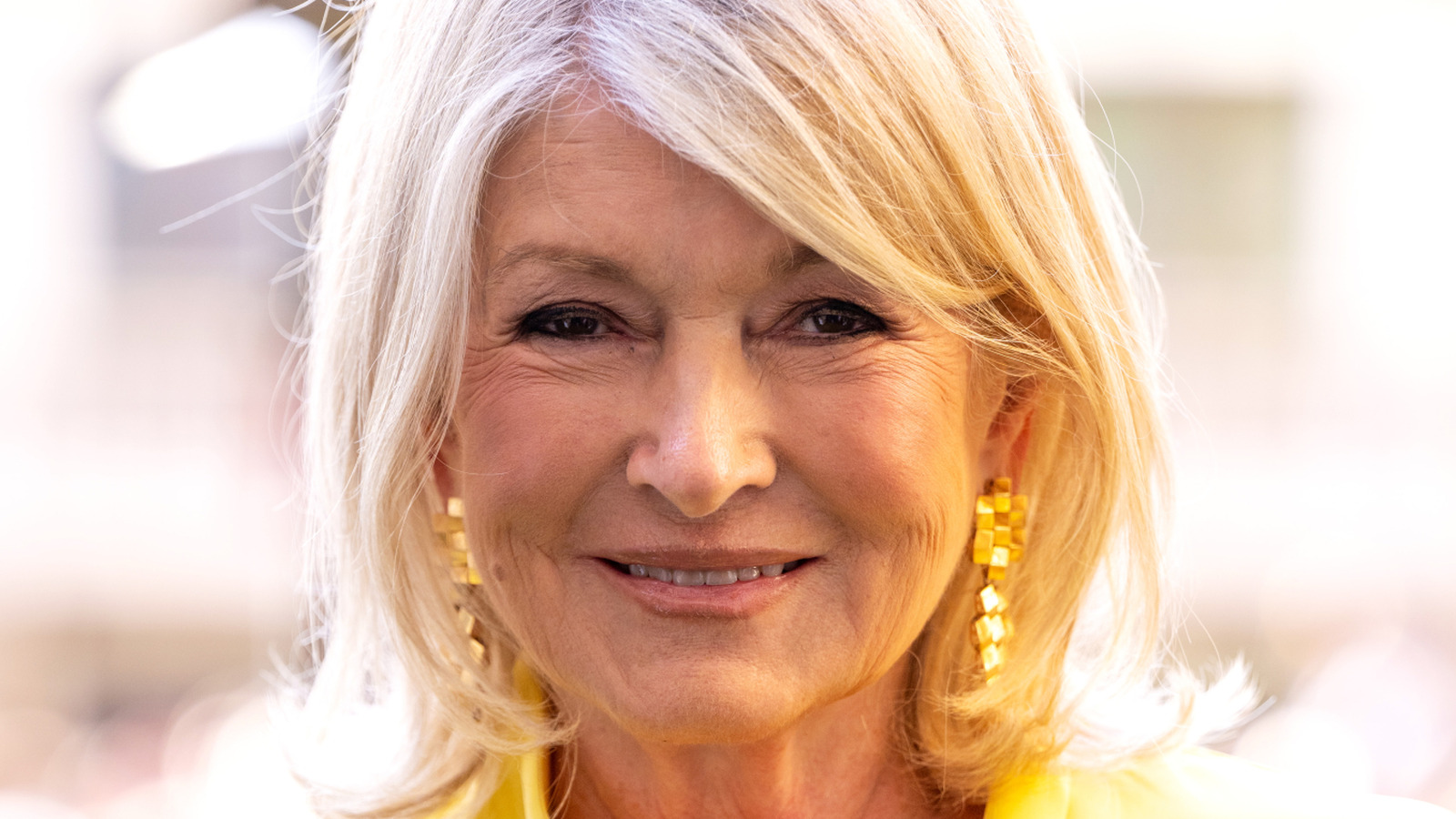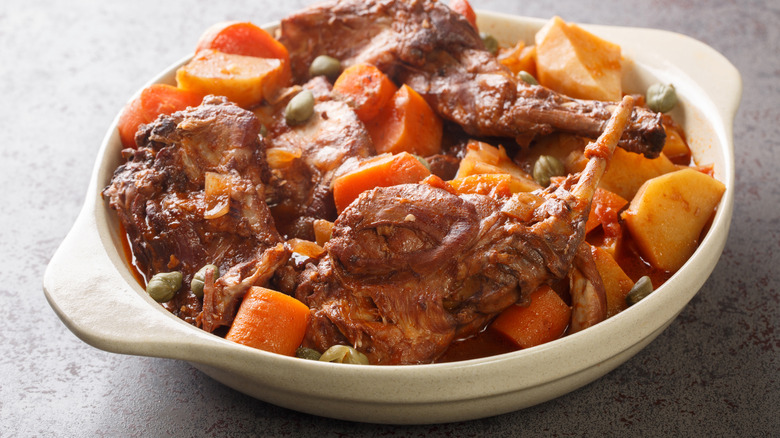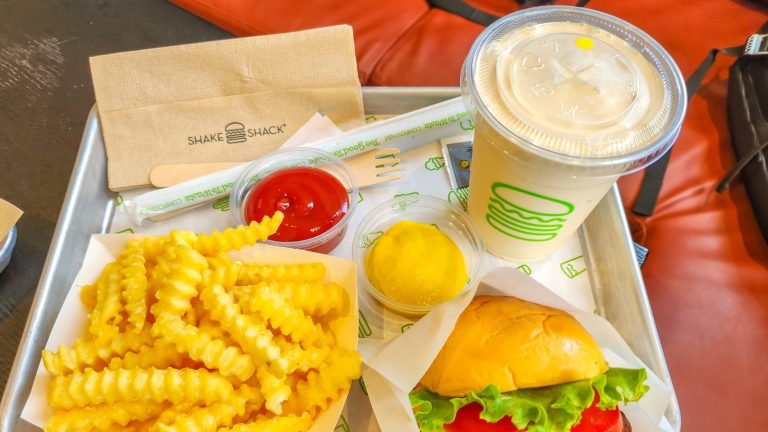There’s a nuanced difference between being a picky eater and being a skeptical one — even for professional foodies. For Martha Stewart, the line gets drawn at wild game meat, specifically raccoon. As Stewart shared on “Late Night with Seth Meyers,” “I have been to a raccoon and chicken supper once.” When Meyers asked whether she tried the raccoon, Stewart replied with a succinct and visibly unappetized, “No.” The chef elaborated, “I don’t like to eat rare things,” to which Meyers quipped, “Raccoons aren’t that rare.” Quoth Stewart: “They’re rare on the table.”
In the rural American South, however, spying raccoon meat on the dinner table isn’t rare at all. To foodies in this region, baked raccoon with sweet potatoes is a traditional holiday dish. On the palate, raccoon meat tastes like a gamier, richer dark-meat turkey. The taste is also often described as a mix between venison and goose meat.
The interview was held in promotion of “Yes, Chef!,” NBC’s new cooking competition show, co-hosted by Stewart and fellow celebrity chef José Andrés. In a sneak peek aired on “Late Night,” the show’s competitors were seen making foie gras (goose liver), so Stewart clearly isn’t deterred by less mainstream cuts like offal. Stewart is also an outspoken fan of fish tartare, another less-common meaty dish. But, when it comes to raccoon, not even washing it down with a glass of iced tea with lemon (her favorite dinnertime drink) could redeem this unusual game meat for the chef.
Stewart is steering clear of raccoon
Raccoon meat is highly greasy, so preparation methods that render the fat (like slow-cooking) are necessary for a good flavor. One Reddit foodie recommends braising the meat alongside carrots, potatoes, garlic, and onions for a flavorful stew. Raccoon meat can also be smoked to enhance its flavor or dehydrated and turned into jerky.
Raccoons have also historically been hunted by some Indigenous Peoples of North America, including the tribes of Coast Salish, Stalo, Nootka, Micmac, Mohawk, and Iroquois. To prepare, the raccoon meat was commonly roasted, boiled, or steamed, with the grease being reserved for cooking and other uses. Soaking in water overnight was found to reduce the meat’s strong gamey odor, and today, game chefs have evolved this method by soaking raccoon meat in a brine of saltwater and vinegar, then parboiling it before cooking. Whatever your preferred method, raccoon meat must be cooked to an internal temperature of 160 degrees Fahrenheit to be food-safe … or, rather, relatively safe.
Beyond a distinctive taste, eating raccoon meat can also carry health risks and legal regulations. Raccoons are notorious carriers of rabies, roundworm, and trichinosis. This wild-hunted game meat is known for a diet of dumpster-diving, after all. Plus, different areas are governed by differing hunting seasons and licensing requirements, so depending on a foodie’s location, raccoon hunting might not even be legally possible. For what it’s worth, there are certainly more accessible game meats out there for beginners.






